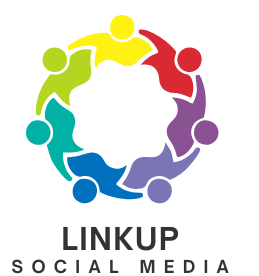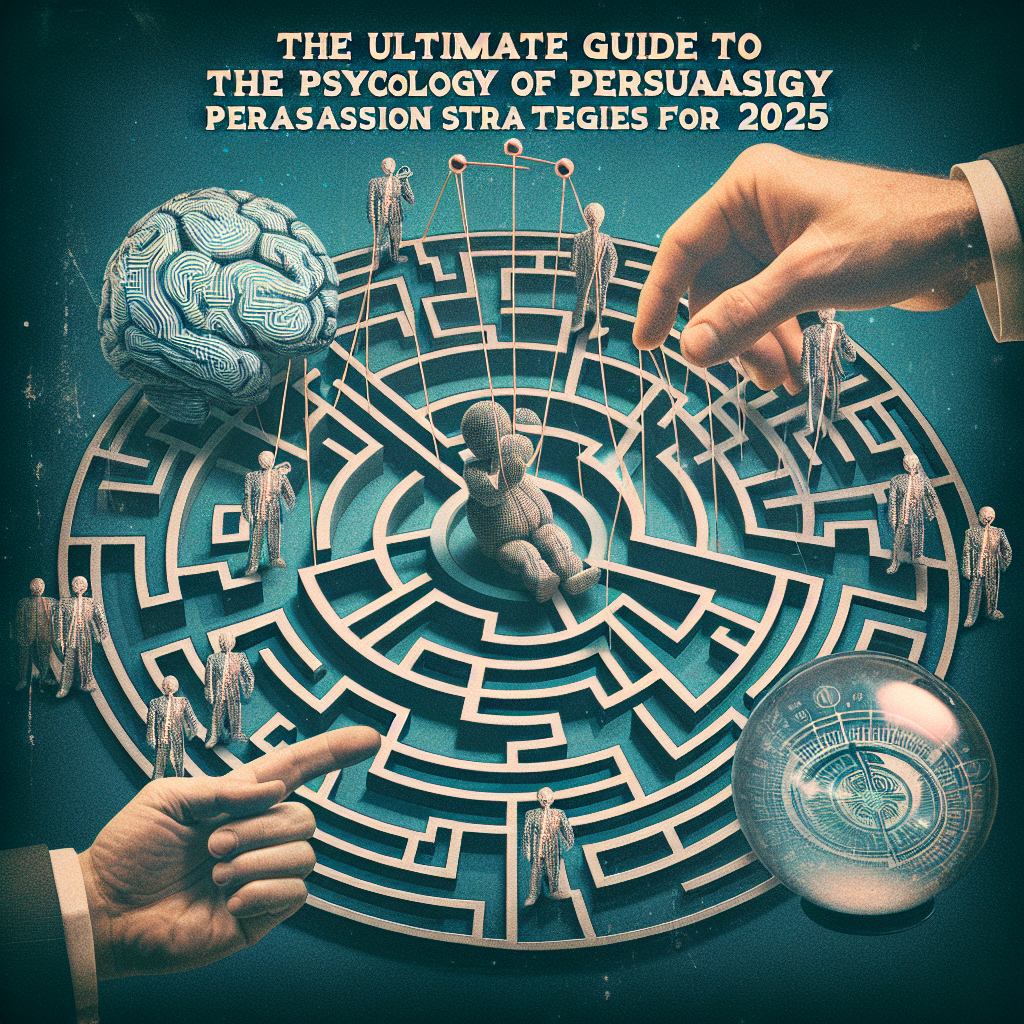The Ultimate Guide to the Psychology of Persuasion Strategies for 2025
1. Understanding the Foundations of the Psychology of Persuasion
What Is the Psychology of Persuasion?
The psychology of persuasion involves understanding how and why people change their attitudes or behaviors in response to external influences. In 2025, mastering these principles is crucial for marketers, leaders, and influencers who want to ethically sway their audiences. It combines insights from social psychology, behavioral economics, and neuroscience to craft compelling messages.
Leaders who understand these psychological underpinnings can better design campaigns that resonate deeply and generate action. Whether you’re aiming to improve sales, foster teamwork, or promote social change, knowing the psychology of persuasion helps tailor your approach for maximum impact.
For example, recent research indicates that using emotional appeals paired with credible evidence significantly enhances persuasive success. This multifaceted understanding allows you to craft strategies that are both ethical and effective.
Historical Perspectives and Modern Relevance
Throughout history, figures like Aristotle laid the groundwork with ethos, logos, and pathosâprinciples still relevant today. Fast forward to 2025, the advent of digital platforms has exponentially increased the reach and complexity of persuasion efforts. Today, understanding the psychological dynamics behind influence is more critical than ever.
Modern studies show that social proof, scarcity, and reciprocity remain powerful tools in today’s digital landscape. These elements tap into the fundamental psychology of persuasion by influencing trust, perceived value, and the desire to conform.
To stay ahead in 2025, it’s vital to leverage these historical insights with cutting-edge technology and aware communication techniques, ensuring your message is both timely and impactful.
2. Key Psychological Principles in Persuasion
Reciprocity and Its Power
One of the oldest yet most effective principles in the psychology of persuasion is reciprocity. People tend to feel obliged to return favors, making it a powerful tool for influence.
In 2025, brands use reciprocity through free trials, complimentary consultations, or helpful content. These acts encourage customers to reciprocate with purchases or loyalty.
Research shows that offering genuine value upfront increases trust and the likelihood of positive responses. For example, giving useful information or small gifts can dramatically improve your persuasive success rate.
Social Proof and Authority
Humans are social creatures, often looking to others’ behavior as a guideâthis is social proof. In the digital age, reviews, testimonials, and influencer endorsements shape perceptions significantly.
In 2025, leveraging authority figures or peer validation can sway decisions effectively. Platforms like TikTok, Instagram, and LinkedIn intensify the influence of social proof.
Practical tip: showcase real customer reviews and expert endorsements prominently to harness the power of social proof in your persuasion strategy.
Conclusion
In summary, understanding the psychology of persuasion is essential for anyone looking to influence others ethically and effectively in 2025. By applying proven psychological principles, embracing new technological tools, and staying attuned to emerging trends, you can craft powerful strategies that resonate and inspire action.
Remember, the core of persuasion lies in understanding human nature and leveraging that knowledge with integrity. Whether you’re in marketing, leadership, or social advocacy, mastering the psychology of persuasion will remain a vital skill this year and beyond.
Empowering yourself with this knowledge enables you to make a meaningful difference, guiding others through communication rooted in psychological insight and genuine connection.
Frequently Asked Questions
- What is the psychology of persuasion?
- The psychology of persuasion involves understanding how individuals are influenced or persuaded through various psychological principles and techniques. It explores the mental processes and social factors that shape decision-making and behavior.
- How has the psychology of persuasion evolved by 2025?
- By 2025, the psychology of persuasion integrates advanced technology, digital platforms, and data-driven insights, making influence strategies more personalized, ethical, and impactful while respecting human psychology.
- What are the most effective persuasion strategies in 2025?
- Effective strategies include leveraging social proof, applying reciprocity, creating scarcity, and using emotional appeals aligned with ethical standards and digital tools for targeted influence.
- Can understanding the psychology of persuasion help me improve my business?
- Absolutely. It enables you to craft messages that resonate, foster trust, and motivate action, leading to increased engagement, sales, and long-term relationships.
- How can I ethically use persuasion techniques?
- Always prioritize honesty, transparency, and respect for your audience’s autonomy. Use persuasion to inform and empower rather than manipulate or deceive.









